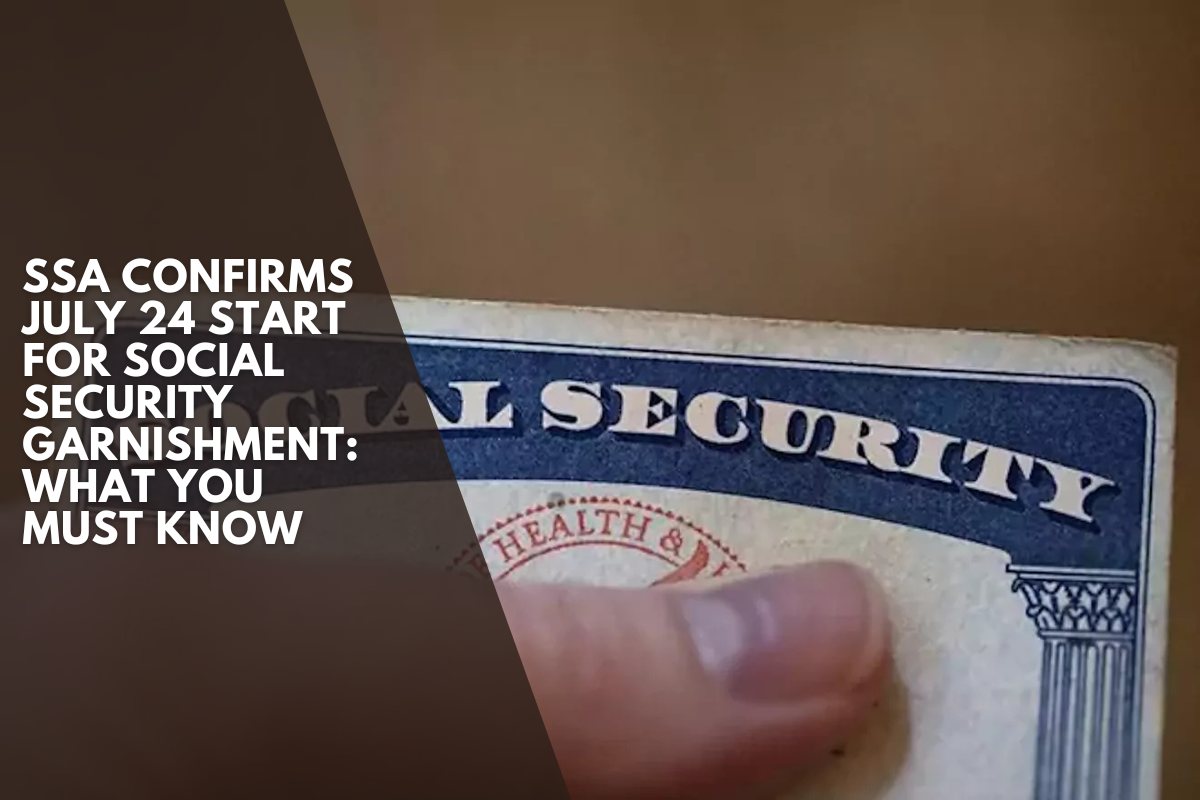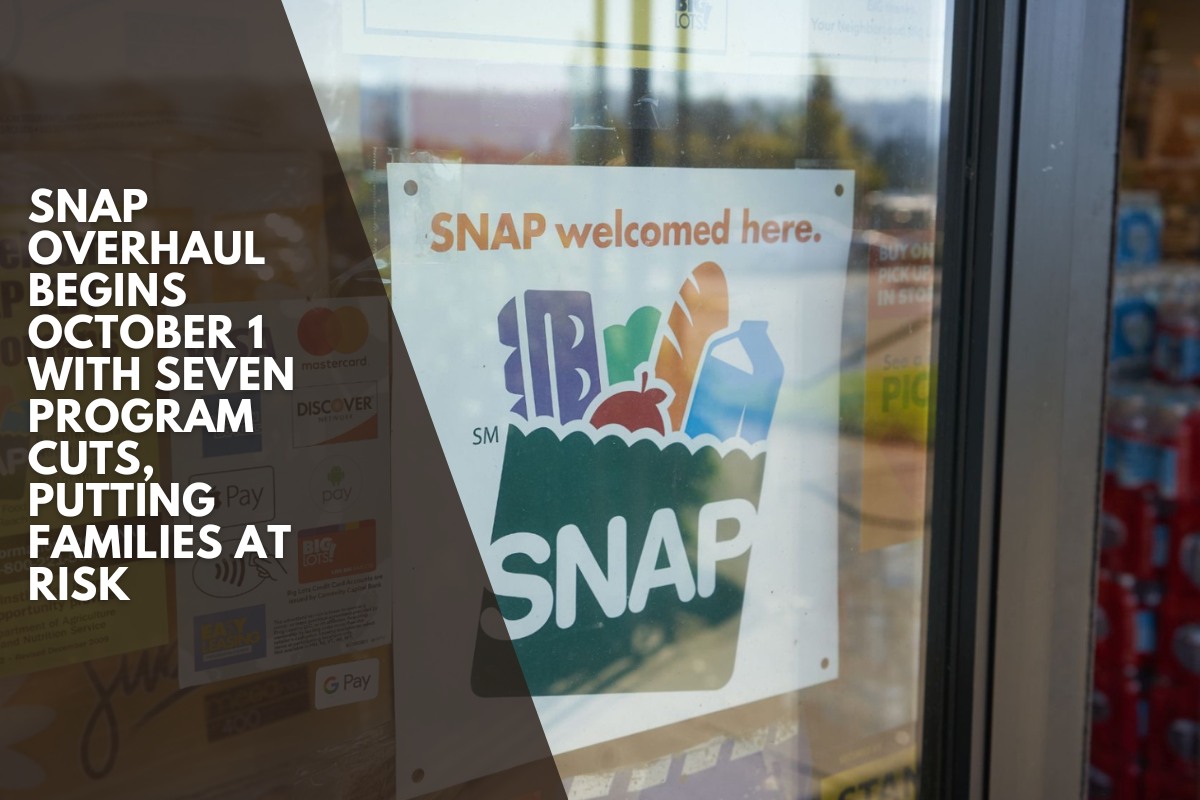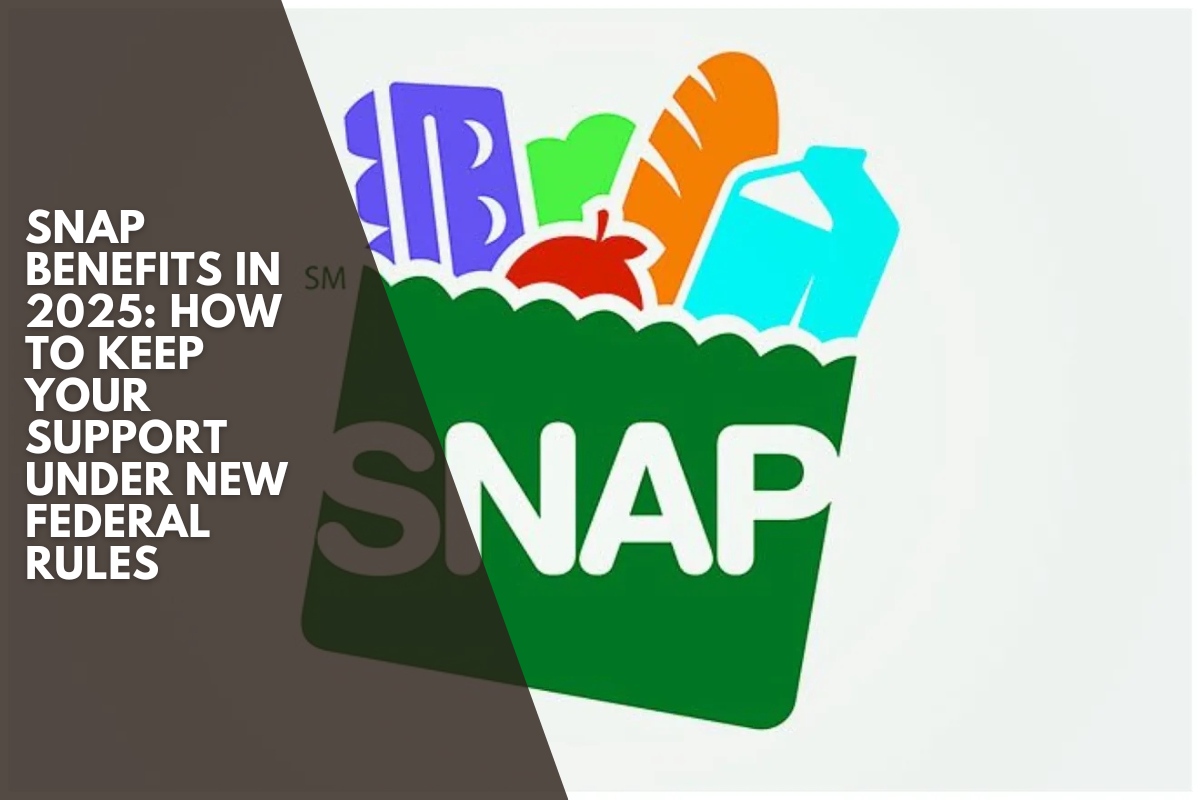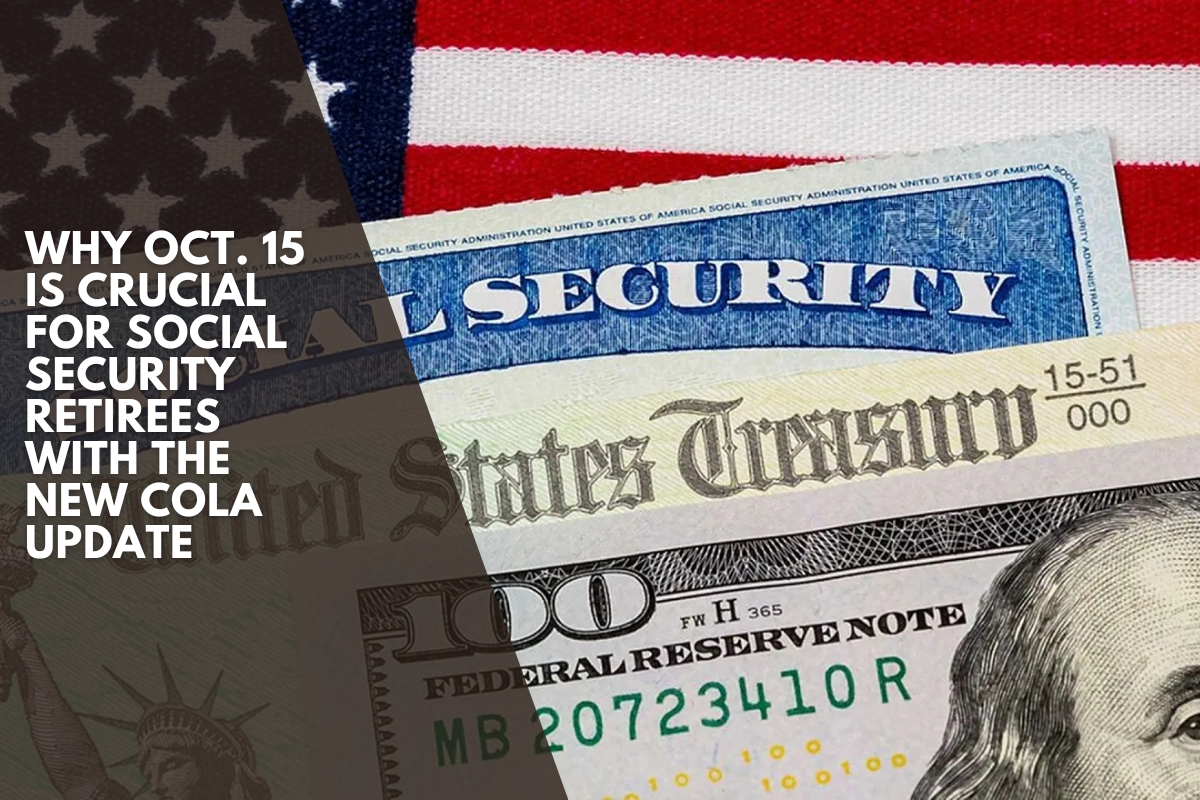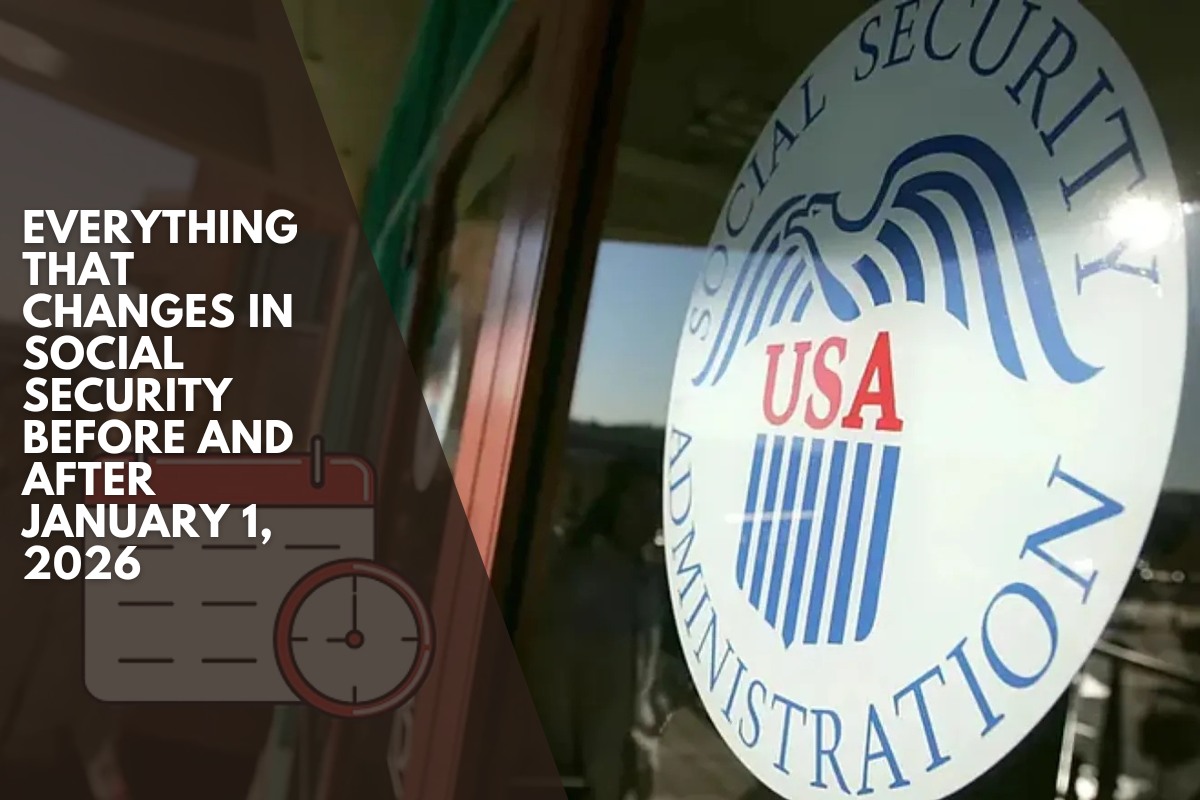Millions of Americans who rely on Social Security benefits could soon see smaller monthly checks. The Social Security Administration (SSA) has officially announced that it will restart wage garnishments for certain recipients starting July 24, 2025. This decision is part of the agency’s efforts to recover billions of dollars in overpaid benefits.
If you’ve received a notice about an overpayment from SSA in the past, it’s important to act now to avoid a sudden cut in your monthly income. Here’s everything you need to know about the upcoming garnishments and how you can respond.
Why Is the SSA Starting Garnishments Again?
The SSA says it will start deducting money from Social Security checks to recover overpayments. These overpayments happened because of mistakes in income reporting, living arrangements, or delays in updating personal information in the system.
As of September 2023, around 2 million Americans owed a total of $23 billion in overpaid Social Security benefits.
The SSA had paused these collections in 2023 after public backlash and negative media coverage. Many people were shocked to receive letters asking them to repay large amounts, sometimes even tens of thousands of dollars, often due to administrative mistakes.
However, this pause was only temporary. The agency has now confirmed that garnishments will resume in phases, starting on July 24, 2025.
Who Will Be Affected First?
In the first phase, the SSA will mainly target:
People who did not respond to overpayment notices
Those who haven’t set up a repayment plan
Recipients who ignored requests for information or repayment
The SSA says it’s working to make the system simpler and fairer. They have introduced changes to:
Limit how much they take from monthly checks
Make letters easier to understand
Help people apply for waivers or create repayment plans
How to Avoid Losing Your Social Security Payment
If you got an overpayment notice but haven’t taken action, now is the time. You have a few options:
1. Request a Waiver
If the overpayment wasn’t your fault and paying it back would cause financial hardship, you can ask SSA to waive the debt.
2. Set Up a Repayment Plan
If you agree that you owe the money but can’t pay it all at once, ask for a monthly repayment plan. This will let you keep most of your benefit and pay the rest slowly.
3. Dispute the Overpayment
If you think the SSA made a mistake, contact them directly and challenge the overpayment.
Experts warn that ignoring SSA letters can lead to automatic deductions from your monthly check, without further warning. So, staying in touch with the agency is very important.
What the SSA Is Saying
In an official statement, the SSA said it’s trying to improve how overpayments are handled. A spokesperson shared:
“We are updating our systems, simplifying notices, and enhancing our processes to better serve the public.”
They added that changes have been made to limit financial strain on beneficiaries and to help people respond more easily to overpayment notices.
The SSA will start Social Security garnishments again on July 24, 2025, beginning with those who haven’t responded to overpayment letters. This move could affect millions of retirees, disabled individuals, and survivors.
To avoid having your check reduced, take action now. Request a waiver, create a repayment plan, or dispute the debt. The sooner you respond, the better your chances of keeping your full benefit. For help, visit the SSA website, call 1-800-772-1213, or visit your local office.
Being proactive and informed is the best way to protect your benefits and manage any issues with overpayments.
